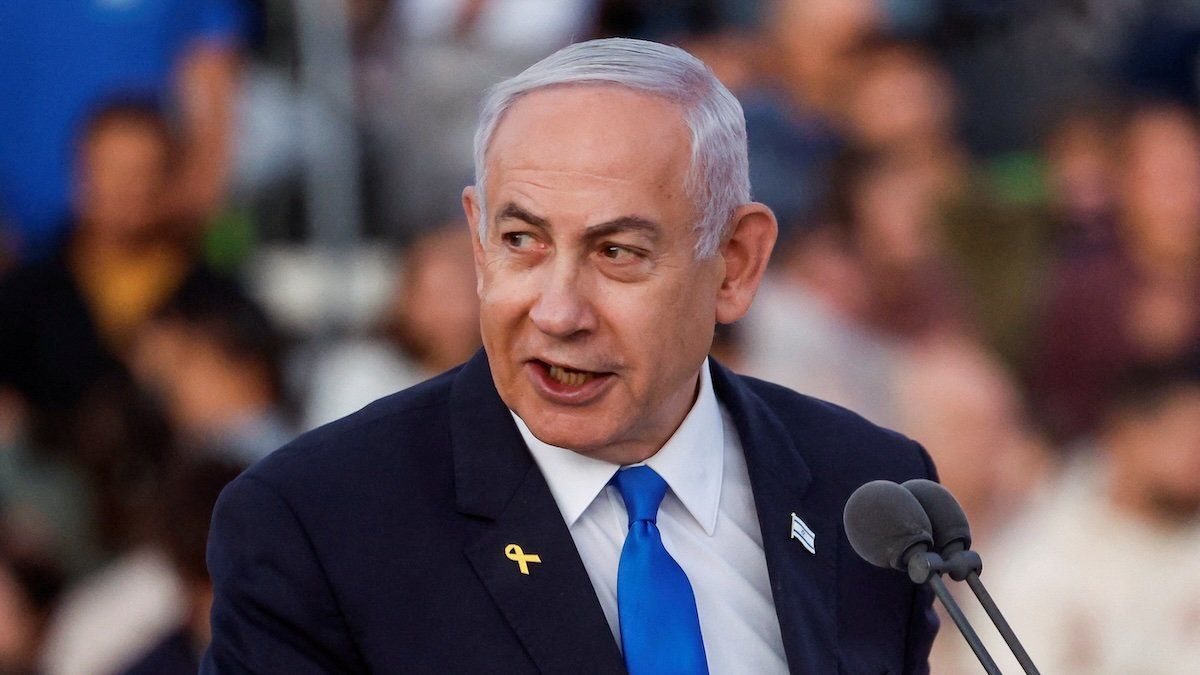The Israeli military has stepped up strikes in Beirut in recent days, as Hezbollah continues to fire rockets at northern Israel. Israel’s offensive in Lebanon has displaced roughly 1.2 million people, inflaming sectarian tensions and fueling fears of an internal conflict.
Despite the ongoing fighting, a top US envoy on Tuesday said that a truce between Israel and Hezbollah is “within our grasp.” The optimistic assessment from the envoy, Amos Hochstein, came as he visited Beirut and a day after Lebanon and Hezbollah reportedly agreed to a US proposal for a cease-fire.
The proposal would see Israel and Hezbollah withdraw forces from a UN buffer zone in southern Lebanon, and the area would be policed by UN peacekeepers and Lebanese troops.
Though Israel has not shown any signs of slowing down operations in Lebanon, a recent report indicated the Jewish state was interested in moving forward with a cease-fire in the not-too-distant future to deliver an early foreign policy “gift” for President-elect Donald Trump.
Trump, who has a close relationship with Israeli Prime Minister Benjamin Netanyahu, has promised to bring peace to the Middle East.
But Netanyahu says that even if there is a cease-fire in Lebanon, Israel will still need to operate against Hezbollah to prevent it from regaining strength — a position that could prove to be a sticking point as the US works to get a deal across the finish line.
We’ll be watching to see if US efforts to secure a truce pay off in the days ahead, and what it will mean for Trump as he prepares for a second term in the White House.
